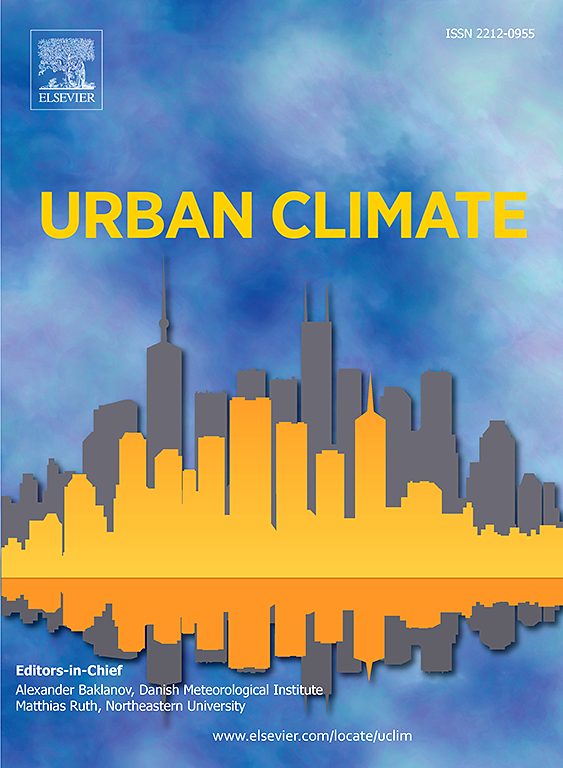分散我们对因素与城市缓解模式之间关系的认识
IF 6.9
2区 工程技术
Q1 ENVIRONMENTAL SCIENCES
引用次数: 0
摘要
城市气候治理文献在理解城市如何应对气候变化方面取得了进展,但大多数定量研究不成比例地集中在北方的全球知名大城市,而忽视了较小的城市和全球南方城市。这一差距限制了我们对不同因素如何影响城市缓解行动以及全球北方和全球南方城市是否遵循不同路径的理解。本研究调查了网络、政治经济、社会文化和环境因素如何与城市的减缓模式相关联——使用部门和金融实施方法作为气候治理进步的代理。根据更具代表性的数据集,我们发现具有更强环境承诺(例如,排放清单、风险报告)的城市倾向于实施跨部门缓解行动,特别是在建筑和能源系统中。国家一级的财富和机构质量(人均国内生产总值、腐败)也影响部门优先事项,而融资模式仍然没有得到解释。我们进一步发现,C40成员资格和全球化与全球南方城市更雄心勃勃的行动显著相关,但与全球北方城市无关,这突显了全球网络的不对称利益。我们的研究结果表明,没有单一因素可以解释城市气候治理模式,强调了政治、经济和地理的相互依赖如何产生不同的气候行动路径。通过聚焦被忽视的城市,本研究有助于对城市气候治理的理解更具包容性和情境敏感性。本文章由计算机程序翻译,如有差异,请以英文原文为准。
Decentring our appreciation of the association of factors and cities' mitigation patterns
Urban climate governance literature has advanced in understanding how cities address climate change, but most quantitative studies focus disproportionately on large, globally prominent cities in the north, overlooking smaller and Global South cities. This gap limits our understanding of how diverse factors shape cities' mitigation actions and whether Global North and Global South cities follow distinct pathways. This study investigates how networking, political economy, socio-cultural, and environmental factors are associated with cities' mitigation patterns—using sectoral and finance-implementation approaches as proxies for the advancement of climate governance. Drawing on a more representative dataset, we identify that cities with stronger environmental commitment (e.g., emission inventories, risk reporting) tend to implement cross-sectoral mitigation actions, particularly in building and energy systems. National-level wealth and institutional quality (GDP per capita, corruption) also influence sectoral priorities, while finance patterns remain less explained. We further find that C40 membership and globalisation are significantly associated with more ambitious actions in the Global South cities, but not in the Global North, underscoring asymmetric benefits of global networks. Our results reveal that no single factor explains urban climate governance patterns, highlighting how political, economic, and geographic co-dependencies produce divergent climate action pathways. By centering overlooked cities, this study contributes to a more inclusive and context-sensitive understanding of urban climate governance.
求助全文
通过发布文献求助,成功后即可免费获取论文全文。
去求助
来源期刊

Urban Climate
Social Sciences-Urban Studies
CiteScore
9.70
自引率
9.40%
发文量
286
期刊介绍:
Urban Climate serves the scientific and decision making communities with the publication of research on theory, science and applications relevant to understanding urban climatic conditions and change in relation to their geography and to demographic, socioeconomic, institutional, technological and environmental dynamics and global change. Targeted towards both disciplinary and interdisciplinary audiences, this journal publishes original research papers, comprehensive review articles, book reviews, and short communications on topics including, but not limited to, the following:
Urban meteorology and climate[...]
Urban environmental pollution[...]
Adaptation to global change[...]
Urban economic and social issues[...]
Research Approaches[...]
 求助内容:
求助内容: 应助结果提醒方式:
应助结果提醒方式:


